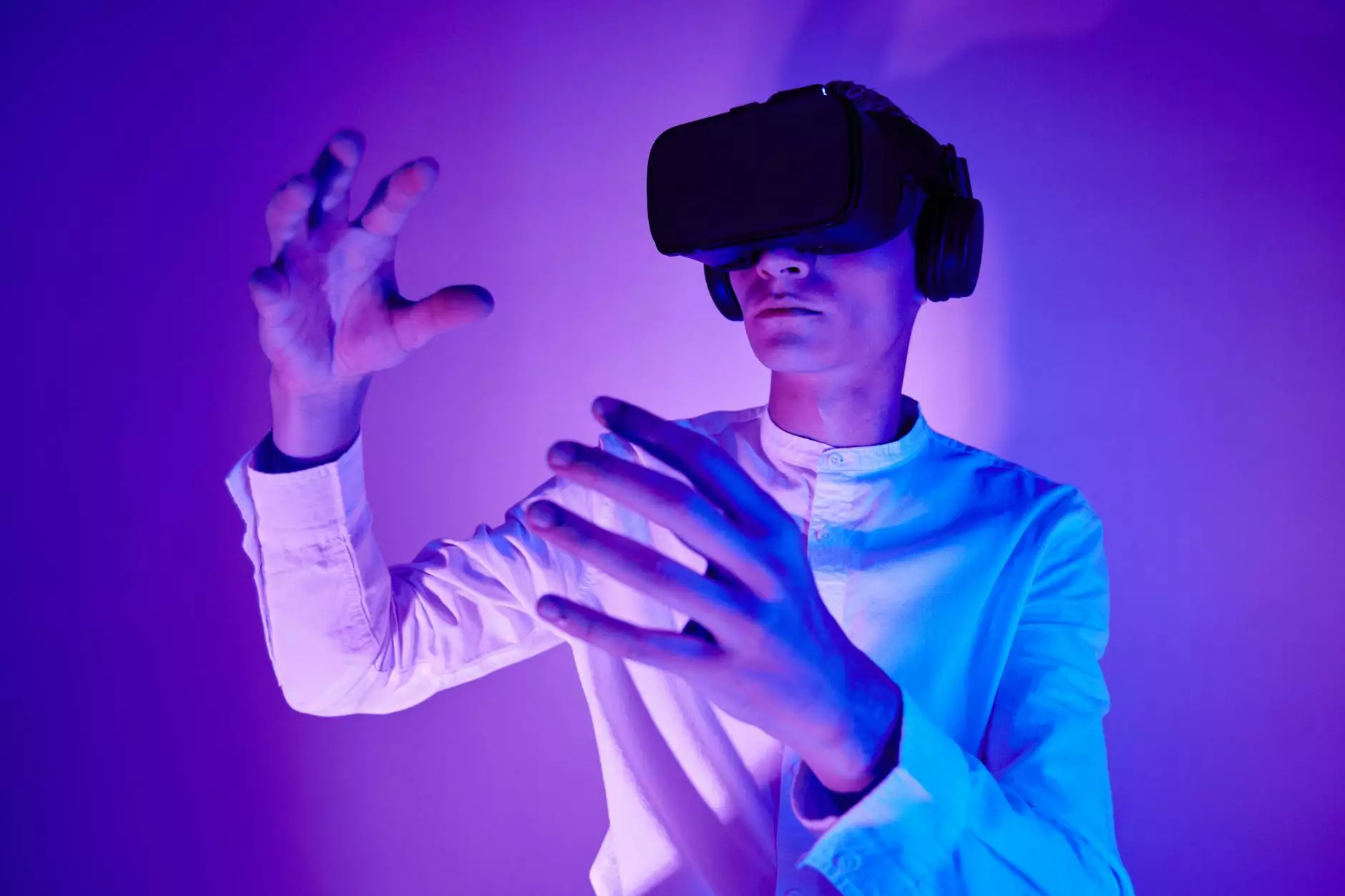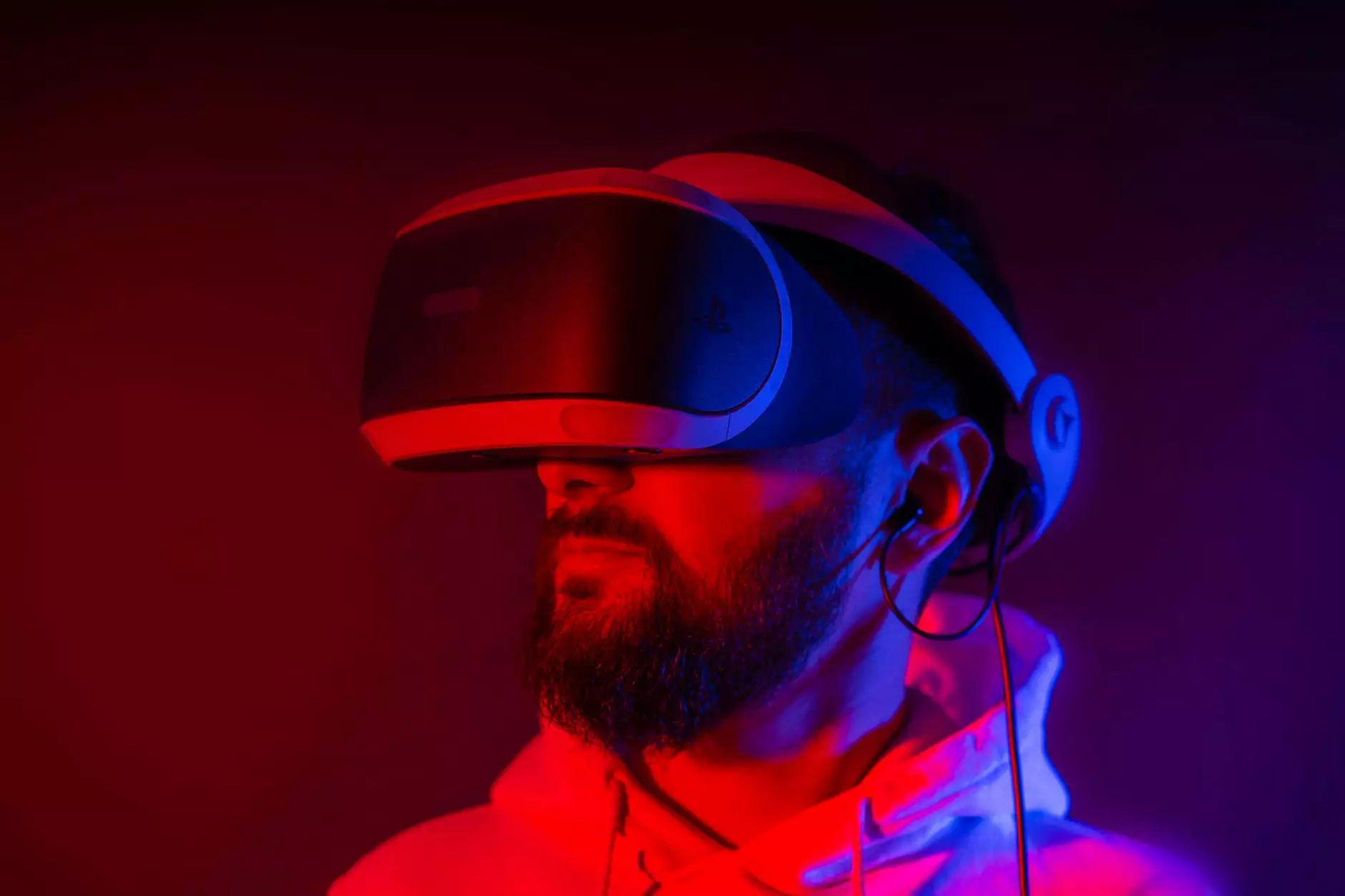How Universities Adopt AI/ML Technology: Real-life Use Cases of Today and a Peek into the Future
Artificial Intelligence
Welcome to Coyote Website Design's comprehensive guide on how universities are embracing AI/ML technology! In this article, we will delve into real-life use cases of artificial intelligence and machine learning in higher education and provide you with a glimpse into the future of these groundbreaking technologies.
Introduction to AI/ML in Universities
In recent years, artificial intelligence and machine learning have revolutionized various industries, and higher education is no exception. Universities around the world are recognizing the tremendous potential of AI/ML and incorporating these technologies into their academic programs, research endeavors, and administrative processes.
Real-life Use Cases of AI/ML in Higher Education
Admissions and Enrollment
One of the areas where universities are leveraging AI/ML is the admissions and enrollment process. Institutions are utilizing intelligent chatbots to answer queries, assist students throughout the application process, and provide personalized guidance based on the applicant's profile. Machine learning algorithms analyze vast amounts of data to identify patterns and predict enrollment trends, enabling universities to optimize their recruitment strategies.
Learning and Research
AI-powered virtual assistants and intelligent tutoring systems are transforming the way students learn and engage with educational materials. These systems offer personalized learning experiences, adapt to individual needs, and provide instant feedback to enhance the learning process. Additionally, machine learning algorithms are used to analyze research data and assist in various disciplines, including medicine, engineering, and social sciences.
Campus Safety and Security
Ensuring the safety and security of students and staff is a top priority for universities. AI/ML technologies are used to monitor CCTV camera feeds, detect unusual activities, and predict potential security threats. Advanced facial recognition systems can identify individuals on campus and help prevent unauthorized access to restricted areas. These technologies enable universities to create safer environments for their communities.
Student Support Services
AI-powered chatbots and virtual assistants play a crucial role in enhancing student support services. Students can interact with these chatbots to seek information about campus facilities, academic resources, counseling services, and more. These virtual assistants offer round-the-clock support, ensuring students have access to important information whenever they need it. Machine learning algorithms also help universities identify students who may need additional support and intervention.
Future Trends and Developments in AI/ML
The future of AI/ML in higher education is promising. Here are some anticipated trends:
Personalized Learning Experiences
Advancements in AI/ML will allow universities to create highly personalized learning experiences tailored to the individual needs and preferences of students. Adaptive learning systems will provide customized educational content, assessments, and feedback, catering to each student's unique learning style and pace.
Predictive Analytics for Student Success
Machine learning algorithms will continue to play a vital role in predicting student outcomes and identifying early warning signs of academic struggles. Universities will leverage these insights to offer timely interventions and support, ultimately improving student success rates.
Autonomous Campus Services
The integration of AI-powered autonomous systems will transform various campus services, including maintenance, transportation, and administrative tasks. Self-driving shuttles, smart facilities management, and AI-driven administrative processes will streamline university operations and enhance efficiency.
Ethical Considerations and Responsible AI
As AI/ML becomes more pervasive in higher education, ethical considerations and responsible AI practices will gain prominence. Universities will prioritize transparent and fair algorithms, address biases, and focus on educating students about the ethical implications of these technologies.
Conclusion
As universities embrace AI/ML technology, they open up new possibilities for innovation, learning, and research. From admissions and enrollment to campus safety and student support services, these technologies are transforming higher education in myriad ways. The future holds even more exciting developments as personalized learning experiences, predictive analytics for student success, autonomous campus services, and responsible AI practices take center stage.
Partner with Coyote Website Design, the premier website development agency in the business and consumer services category, to stay at the forefront of AI/ML adoption in higher education. We are committed to delivering top-notch solutions that empower universities in harnessing the transformative power of AI/ML. Contact us today to learn more!









